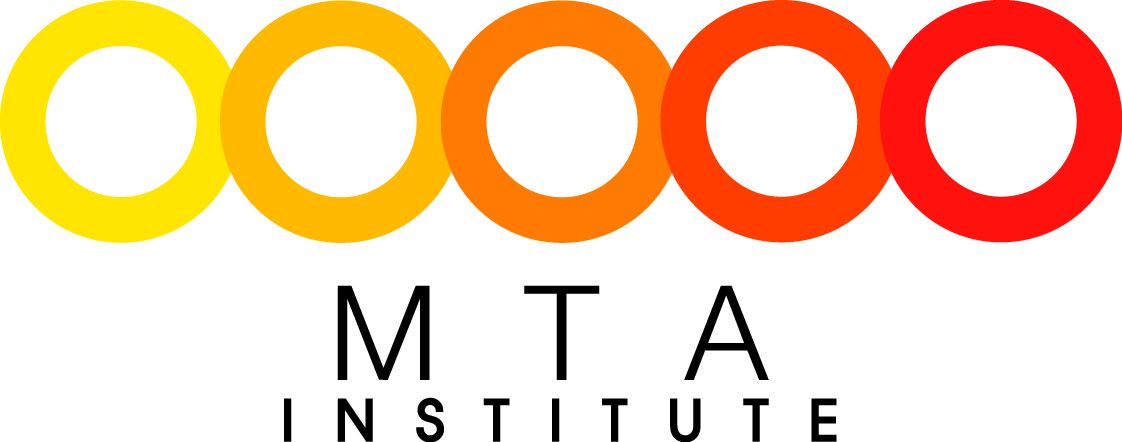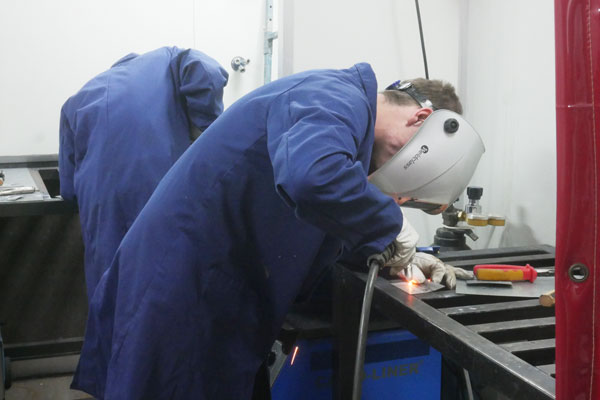The COVID-19 pandemic has been, by almost any measure, a disastrous event.
Governments have rightly taken drastic action in the form of lockdowns and restricted peoples’ movements to prevent the spread of the disease and avert an even more severe health crisis. Equally correctly, they have tried to mitigate the economic effects of such action by establishing programs such as JobKeeper and JobSeeker, as well as grant and loan packages for businesses, to keep the economy from stagnating completely.
For many businesses, including those in the automotive industry, it has been an exceptionally challenging time and even though the governments’ economic actions have helped, it has spurred many to consider not only new ways of doing business, but also to analyse where things can be done more efficiently, and consider how they can adapt and come out of the crisis in a stronger position.
This challenge is as true for the largest concerns as it is for the small independent workshop.
For AMA Group – the nation’s largest vehicle repair group with more than 180 repair centres across the country and 300 apprentices on their books – one such development was to accelerate a plan already in development and take advantage of the COVID-19-induced slowdown to focus on the training of its apprentices.
“It has made us look hard and think what we can do best within the business,” said Mark Reid, Operations Development Director for AMA Group, Panel Division. “We had to think about how we emerge from this better and ask what do we do with this time?
“And the idea here has been to use that time to enable our apprentices to upskill.
“The way we viewed it was quite simple,” he added. “No matter where the apprentices are in their training, at the end of this program they should be in front, or at least on track, of where they should be regarding their academic learning.”
With the pandemic seemingly coming out of nowhere, the pressure was on to develop and deliver on a project that would initially focus on southeast Queensland and see around 30 of AMA Groups’ panel and paint apprentices be immersed in a focused three-week training program.
And in partnership with MTA Institute, a comprehensive and detailed program was designed and initiated in a remarkably short time.
The apprentices spend the first week at the Institute where they receive education in theory and practical work, and the following two weeks are spent at one of AMA Group’s repair centres where they concentrate on practical aspects of the trade.
Included in their time at MTA Institute, the apprentices are exposed to some of the more advanced technologies that the panel and paint industry will be facing in the years ahead, with specialists from industry coming in to share details of working with, for example, the ADAS systems that are becoming so common on modern vehicles. There is even an element of training in ‘emotional awareness’, during which apprentices discuss work ethic, taking pride in their work, personal improvement, advancement and their future.
For the MTA Institute, taking the development brief from AMA Group and quickly putting together a program that would deliver for the company was a welcome challenge.
“It was indeed a challenge,” said Paul Kulpa, General Manager of the MTA Institute. “But what we designed was a program in which we split the apprentices into three groups. The first group consisted of apprentices who were in the process of completing Units 1-10 of their training, group two consisted of apprentices doing units 11-20, and the third group was comprised of apprentices nearing completion and training on units 21-30. So, the program was not designed around the year they were in, but rather where they were in their qualification.
“We were able to organise and schedule that, from initial conversation to action, very quickly, and it has been very successful. The feedback has been excellent from all parties.”
“It all came together very quickly – in the matter of two to three weeks,” said Mark. “And we must give credit to the MTA Institute team for that. We threw a lot at them and they pulled it all together.”
For the apprentices, who normally work in a fast-paced environment at their respective shops, the chance to slow down and be immersed in a teaching environment was welcome.
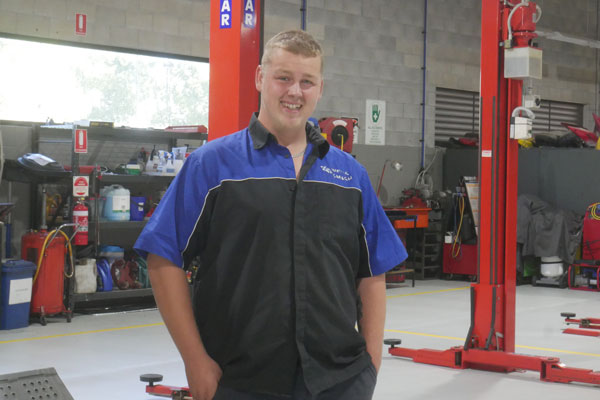
For 22-year-old Daniel Salmon, a panel beating apprentice at Wells Smash Repair on the Gold Coast, the experience has, he said, been of great benefit.
“At the Institute, we did a lot of theory work about plastics, glues, the way to treat metal before repair, welding and bog work, stuff like that. I have done this work at the workshop, but this is about getting my skill level up.
“And the experience has been really good and an eye-opener,” he added. “It has let me get some practice in that I can’t necessarily do at the shop and coming
here to the MTA Institute for a week means we can really do that. It’s all about your skills and there is nothing else to worry about.”
For Joseph Pank, a third-year panel beating apprentice at Gemini Southport, and George Andrews, a fourth-year apprentice at Gemini Nerang, the positive feelings about the program were the same.
“It’s has been great,” said Joseph. “I’m not that great at doing the theory, so getting more time to do that was really good. The classroom experience was excellent, and to have time to do that work was fantastic.”
“It was great,” added George. “We did some theory work for the first few days and then went to the workshop and put that theory into practice. It has been a very useful experience. It is a very fast pace at the shop so being able to do this has been terrific.”
That feedback has marked this initial program as a success for the AMA Group.
“We are very happy with the outcome.
We can see the benefits and the apprentices’ reactions have been very positive,” said Mark. “I think young people do need that sense of learning and progression. They feel better about themselves because they are up to date and feel like they are learning and are where they should be.”
Ultimately, the purpose of a program such as this is to prepare for the future.
All businesses have an eye on the direction their industry is headed and for AMA Group, doing so is an important part of the company’s success.
“The apprentices are an investment in our future,” said Mark. “We are a large company and finding the quality tradespeople we are going to need means we are going to have to help create them.
“We are going to have to make that happen, and to get the right sort of people into the industry we are going to have to provide the right training to stimulate them. This is a necessity to make sure we continue to go from strength to strength and improve.
“We must prepare for new technology and training our people to be experts in those areas. We have to give them constant exposure to what is happening next.”
While this initial pilot training program is limited to southeast Queensland, there is the prospect of a national rollout. And, in fact, the potential goes further, with Mark suggesting that the training could be made available to apprentices outside of the AMA Group.
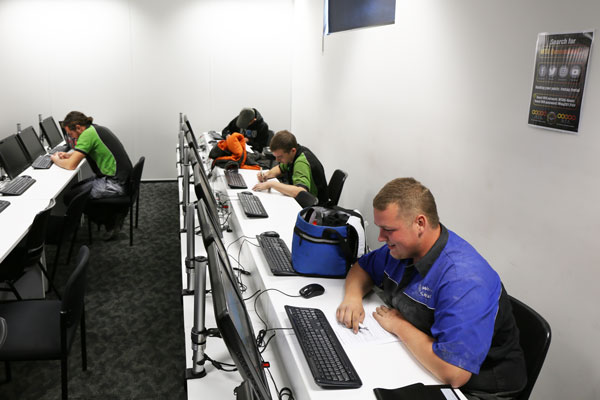
“We are pioneers in the industry, and our CEO, Andy Hopkins, has said that anyone who wants to be part of our program is welcome, even if they work for others,” he said. “The industry is big enough for all of us, and if someone from a small shop wanted to put their apprentice in our program, they are more than welcome. We don’t necessarily expect anyone to take us up on that, but the offer is there.”
For the MTA Institute, partnering with the AMA Group and developing the training program was a challenge but also an example of the abilities of the organisation.
“If you had asked me at the start of the year whether we would be doing this, then I would have said no,” said Paul. “We have never run a block training model – we do apprentice training days at the Institute but that is around units of competency – but this has been an opportunity to look at our model and work in partnership with industry.
“The reality of what COVID-19 has done is to emphasise the importance of training. It has been a major seismic event,” he added. “We should recognise, for example, that labour migration is essentially on ice until international travel comes back, and so it is important that we look at what we are doing domestically. We need skilled people, and now is the time to train them and accelerate that process.
“Working to develop this program and deliver it has shown that the MTA Institute is nimble and able to adapt to major disruptions as well as to the requirements of industry partners. And it is to AMA Group’s great credit that they understand the industry has to be fostered from the grassroots and that the future lies with apprentices and their development into highly skilled professionals.”
Source: Motor Trader E-magazine (July 2020)
8 July 2020
